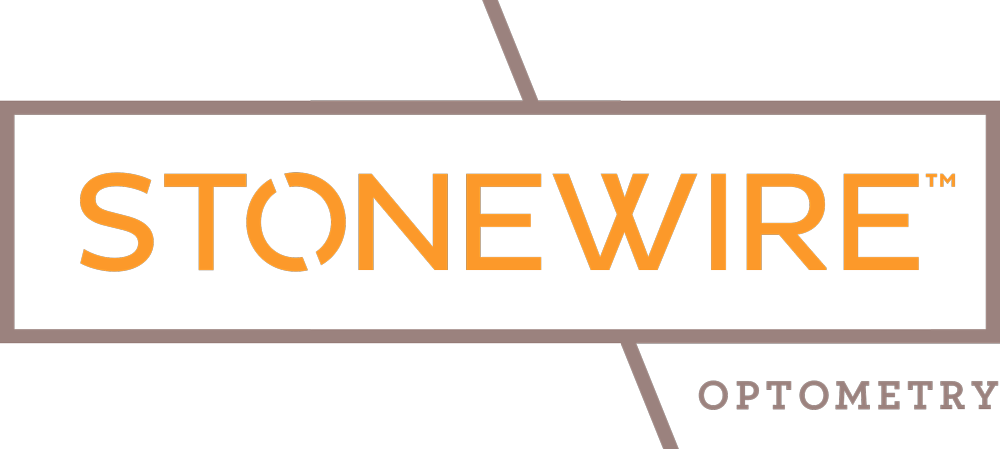Never Buy Drugstore Reading Glasses
/We see them everywhere, cheap ready-made over-the-counter reading glasses that you pick up at the pharmacy, Costco or Walmart. They might even come as a 3-pack.
Please stop buying them.
The problem is that most of these reading glasses are made from the lowest quality optical materials, and they look and feel cheap.
These inexpensive lenses can increase glare and cause eye fatigue and headaches.
Drugstore reading glasses also assume that both eyes are the same, which is rarely if ever the case. Small, subtle imbalances between your eyes are common and might be why you find the vision sharper out of one eye than the other, or squinting seems to clear things up.
People also tend to choose the wrong power, which can only further lead to visual discomfort. They might elect for the lowest power pair, so they don’t become ‘dependent’ on them. Or, they might choose a stronger pair because the words just looked bigger. The result though, is that they don’t feel right.
Will Drugstore Reading Glasses Hurt My Eyes?
Drugstore reading glasses won’t hurt your eyes or make your vision worse. But they might give you a headache.
They also highlight the fact that you should probably just book an eye exam. Getting by with drug store reading glasses is not a substitute for a complete eye exam by an optometrist. An eye exam also provides peace of mind that your eyes are healthy and that your vision changes are normal.
Drugstore reading glasses might be dangerous if you need them on a construction site. Removing your safety eyewear to put non-safety grade reading glasses on to see up close might be putting both your job and eyesight at risk.
I only wear drugstore readers over my contact lenses.
Wasn’t the goal of wearing contact lenses to get out of eyeglasses?
It’s common for patients to initially experience near vision problems when they wear their contact lenses. If this is the case for you, talk to your optometrist about switching into multifocal contact lenses. It’s much easier to adapt to these lenses at a younger age, as opposed to putting off the inevitable.
For patients with higher amounts of astigmatism, multifocal contact lenses might not be an option. In this case, talk to your optometrist about prescribing you a separate pair of prescription reading glasses, multifocal computer glasses, or multifocal safety glasses that you can wear comfortably over top of your contact lenses.
So why should you get prescription reading glasses made?
We asked Dr. McKenzie this question, and his response was simple. Comfort and clarity are the two primary reasons. If you have a different prescription in each eye or have astigmatism, drugstore reading glasses won’t help you. They magnify an already blurry image. They compensate, they don’t correct.
“Improved comfort and clarity are the two primary reasons to have custom reading glasses made,” said Dr. Ross McKenzie.
If you require a drugstore reading power higher than +2.50, it might also signal the need for distance correction for things like driving. Another sign of needing distance correction is if your distance vision is temporarily blurred when you remove your readers.
During a complete eye health exam, your optometrist will test your eyes for all of these things and can give you recommendations for correcting your vision. Looking at your lifestyle requirements, your optometrist can help guide you towards a visual solution that works for your needs.
In addition to maximizing your vision, custom reading glasses allow you to add additional features such as anti-reflective coatings, and blue light protection. Two features that improve comfort while working on screens and digital devices.
In conclusion, are over the counter drugstore reading glasses good enough? In our opinion, no.





